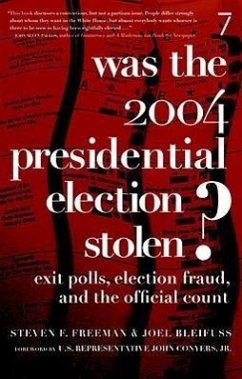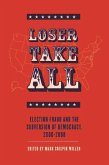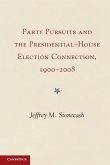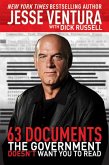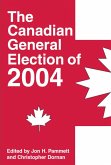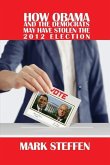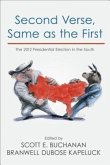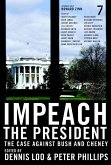On the afternoon of election day 2004, the world was abuzz with the news: exit polls indicated that John Kerry would decisively win the election and become the next president of the United States. That proved not to be the case. According to the official count—the number of votes tallied, not necessarily the number of votes cast—George W. Bush beat Kerry by a margin of three million votes. The exit polls, however, had predicted a margin of victory for Kerry of five million votes. Occurrences of vote manipulation, vote suppression, and outright election fraud were alleged at the local level in many precincts throughout Ohio and other "battleground" states. Where the controversy of the 2000 presidential election had come about as the result of an extremely close race, in 2004 the irregularities were widespread and appeared to follow a clear pattern. Why then did the Democrats concede the election early the next morning? Why has there been no investigation by any major news organization? What does it say about our democracy when the slot machine industry is more strictly regulated than our electronic voting machines? Was the 2004 Presidential Election Stolen? analyzes the available data, and attempts to answer the question of whether America's sitting president was inaugurated after winning, or losing the 2004 presidential race.

